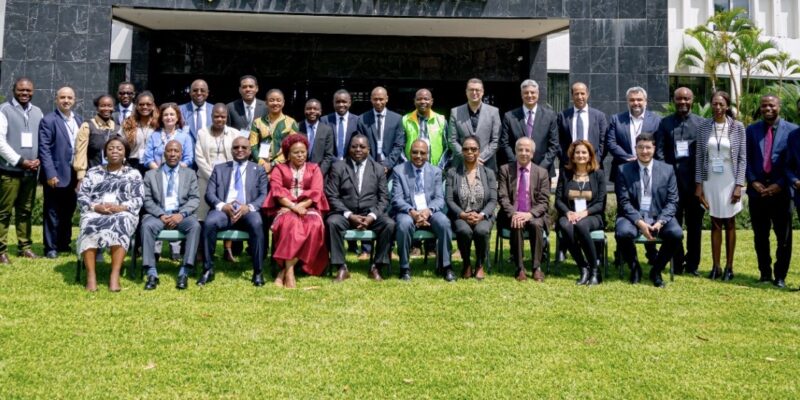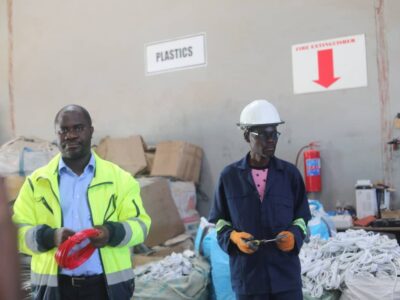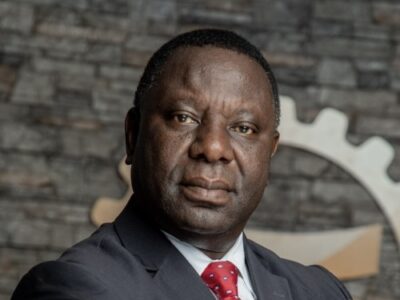Zambia, Morocco, and the Democratic Republic of Congo (DRC) are spearheading Africa’s efforts to establish the continent as a major player in the global electric vehicle (EV) battery market.
At the E-Mobility Capacity-Building Workshop held at Lusaka’s Intercontinental Hotel on Monday, delegates discussed strategies to develop regional value chains for electric mobility.
The event underscored Africa’s potential to lead the EV industry through the utilisation of its abundant critical mineral reserves.
Commerce, Trade, and Industry Minister, Chipoka Mulenga, highlighted the opportunity the e-mobility industry presents for value addition to Africa’s mineral resources, which could ultimately improve citizens’ living standards.
His remarks were delivered by Cruisivia Hichikumba, Permanent Secretary for Investment and Industrialisation.
“As you may be aware, Africa holds significant reserves of critical minerals and has the potential to support the global transition to clean energy,” Mulenga said.
“Through policy formulation, the government has prioritised the mineral beneficiation sector and remains committed to creating a conducive environment for businesses, in line with its industrialisation agenda.”
Adam Elhiraika, Director of the United Nations Economic Commission for Africa (ECA) Subregional Office for North Africa, described the global shift to e-mobility as a defining moment, addressing challenges like climate change and economic resilience.
“This transition is a unique opportunity for Africa to enhance regional integration, foster economic diversification, and secure a central role in global value chains,” he said.
Elhiraika emphasised the frameworks such as Agenda 2030, Agenda 2063, and the African Continental Free Trade Area (AfCFTA) as guiding principles for sustainable development.
Africa’s wealth of minerals like cobalt, copper, and lithium provided a strong foundation for developing e-mobility value chains, he noted.
Morocco’s Head of Intelligence and Strategy Division at the Ministry of Industry and Trade, Idriss Addahbi, stressed that collaboration across the continent could transform Africa’s potential into reality.
“E-mobility is far more than just a technology; it is a catalyst for economic, social, and environmental development.
“By developing regional value chains, we are creating jobs, reducing reliance on fossil fuels, and contributing to the fight against climate change,” he said.
Meanwhile, Marie Pascale Diatuka Malanda, Coordinator at the Congolese Agency for Ecological Transition and Sustainable Development, DRC, noted the importance of transitioning from thermal to electric mobility.
“This shift is crucial for decarbonising the transport sector, which is a major contributor to global warming.
“We must share knowledge, technologies, and resources to tackle global challenges and ensure the sustainability of our natural resources,” she said.
The workshop organized by ECA Sub-Regional Office for North Africa concluded with a shared commitment to fostering clean energy solutions, responsible resource management, and sustainable technologies, positioning Africa at the forefront of the global e-mobility revolution.
WARNING! All rights reserved. This material, and other digital content on this website, may not be reproduced, published, broadcast, rewritten or redistributed in whole or in part without prior express permission from ZAMBIA MONITOR.











Comments